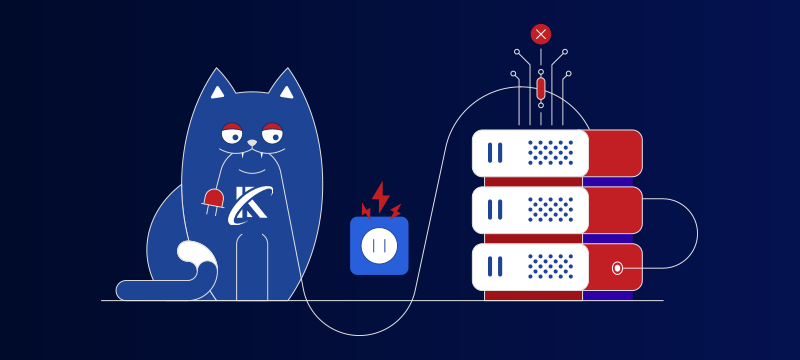As the internet has become the first port of call for anyone searching for a product or service, a website is one of a small business’s most important assets. What underpins the success of a website, and ultimately the online success of the company, is the hosting the site relies on. If you are looking for a hosting plan for your website, here are some of the most common mistakes you need to avoid.
-
- No technical support
Small businesses don’t always have people with lots of IT skills to call on when issues arise and, unfortunately, there are lots of things that can go wrong with a website. It doesn’t matter if your site’s been hacked or you’ve accidentally done something that’s taken it offline – if you don’t have the know-how to fix it, it could have serious consequences and be costly to put right. Unless, of course, you choose a web host that offers 24/7 technical support.When 24/7 technical support is included, you will have access to an experienced technician who can help you fix your problem quickly and get you back online. They’ll know the website platform (e.g., WordPress) and the type of hosting you are using and will be able to provide you with the help you need to resolve your issues. Of course, with this being included in the hosting plan, you won’t have to pay extra for it.
-
No uptime guarantee
When you have website hosting, you take it for granted that if someone visits your site, it will be there. If it’s not, then you face the possibility of missing out on leads or sales and of damage to your company’s online reputation.
To avoid landing yourself with a web host that fails to keep their clients online, it’s important to read the small print. A good host will state clearly, either on their web pages or in their service level agreements (SLAs) what their guaranteed uptimes are. Look for hosts that offer 99.9% guaranteed monthly uptime or more. In case you are wondering why this is not 100%, that’s because the host will update your operating system and install security patches for you. When this happens, they may need to reboot the server, which will take it offline for a few minutes. To minimize the impact, these things are usually carried out in the middle of the night when websites are the least busy. - Limited bandwidth
Bandwidth is the amount of data that the websites on your hosting account send and receive. Some web hosts put restrictions on how much you are allowed to use in each accounting month. It’s a tactic designed to force you to pay for a bigger and more expensive hosting plan. The problem is that if your website is successful and you have a lot of visitors, there’s a good chance you could use up your bandwidth allowance before your accounting month is over – in which case, your website would simply disappear offline until you paid your next monthly payment.Rather than supporting customers for being successful, this unfair approach actually punishes them for it. So, avoid hosting plans that set limits and look for ones with unmetered bandwidth instead.
-
Email not included
If you have paid for a business domain name, you’ll want to make use of the email addresses that come with it, e.g., @mybusiness.com. Sadly, not all hosting plans come with business email hosting included in the price – you can have it, but you will need to pay extra for it, sometimes as much as the actual web hosting.
You will need your professional email, so make sure email hosting is included in the plan. Check also that you are allowed to create all the email addresses you will need. -
No backups
If the worst should happen and issues like human error, cyberattacks or hardware failure cause all your website data to be lost, the time and cost of rebuilding the site and its content from scratch could put you out of business.Having a website backup is essential if you want to recover quickly and inexpensively. And although you can back up a website without the help of a web host, it’s much easier if you do. Indeed, some hosting plans even come with free daily backups included. This means an up-to-date copy of your site is made every day, it is stored securely so you’ll never lose it, and it happens automatically, so busy business owners don’t even have to think about doing it.
-
Weak security
While website owners are ultimately responsible for their own security, choosing a secure hosting package can reduce the potential for hacking, malware, ransomware, and other forms of cyberattack – all of which are becoming more frequent and pernicious. So, when choosing a hosting plan, look for a host that keeps your server secure by using firewalls to detect and eliminate cyberattacks. At the same time, check that they allow you to install free SSL certificates, rather than forcing you to pay for them and that you will have the ability to restrict access to and password-protect your website’s directories.
- No technical support
Conclusion
Good web hosting provides a solid foundation on which to run the online parts of your business. By avoiding the mistakes above and choosing the right host, you will have 24/7 technical support, guaranteed uptime, unmetered bandwidth, professional email hosting, daily backups, and robust security.
For hosting that provides all this and much more, visit our Shared Linux Web Hosting.

